No Results Found
The posts you requested could not be found. Try changing your module settings or create some new posts.

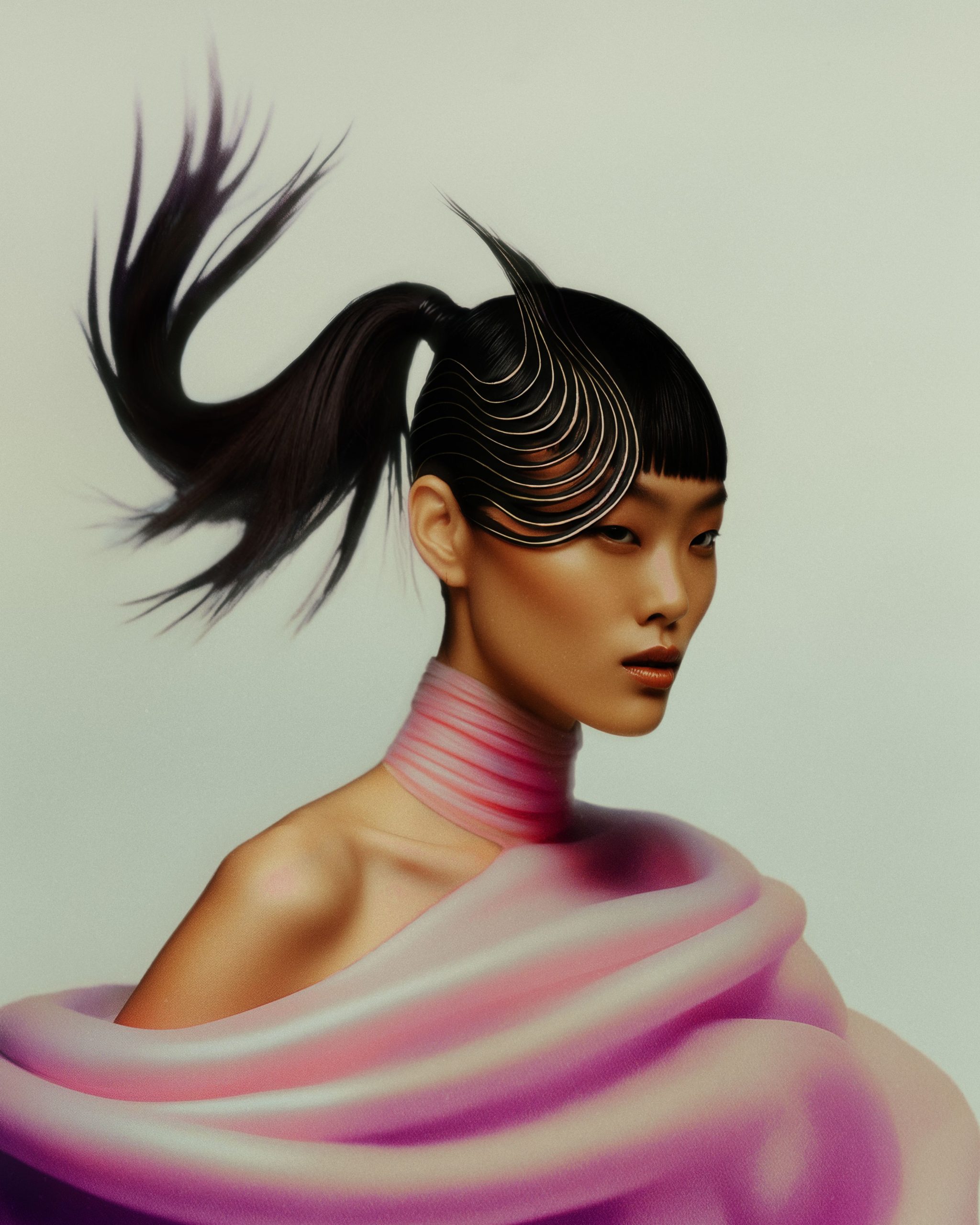
Astral 2.0, a futuristic collection inspired by iconic stylist Antionette Beender’s work with Dutch designer Iris van Herpen, fuses real hair with AI-generated clothes – a move that’s causing ripples across the industry. “Hairdressers here are very nervous about AI,” says Antoinette. “A lot of my friends in the UK hairdressing community don’t really understand it, but I think once they do, they’ll be all over it – like with Instagram or Uber.”
Antoinette is using AI as a tool to elevate her craft, blending traditional hair techniques with digital innovation. “AI is the future, right?” she remarks. Working together with multidisciplinary artist Ed Maximus, they have been experimenting with AI to create mind-bending visuals that bring hair to life in new ways.
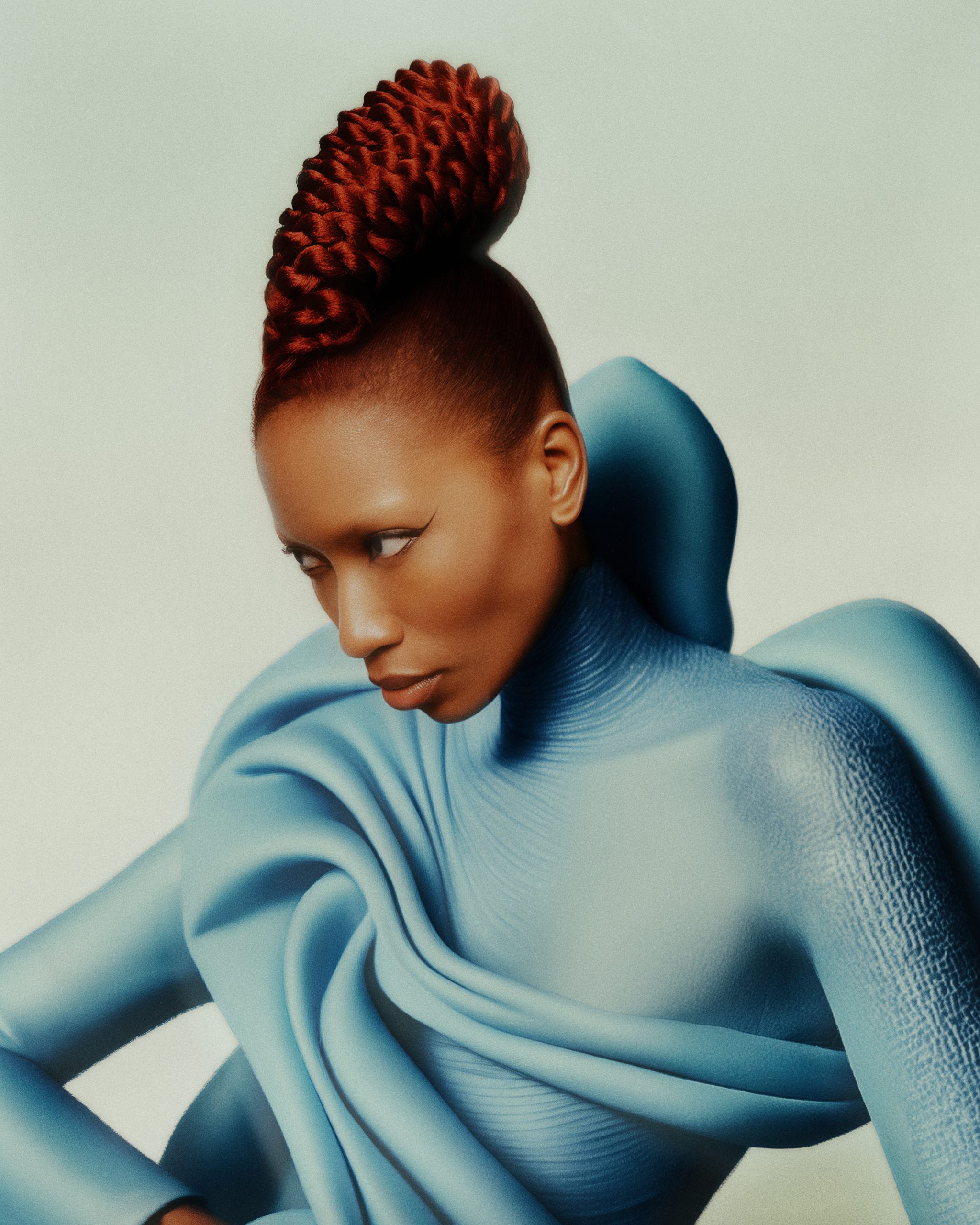
Antionette Beenders, Ed Maximus
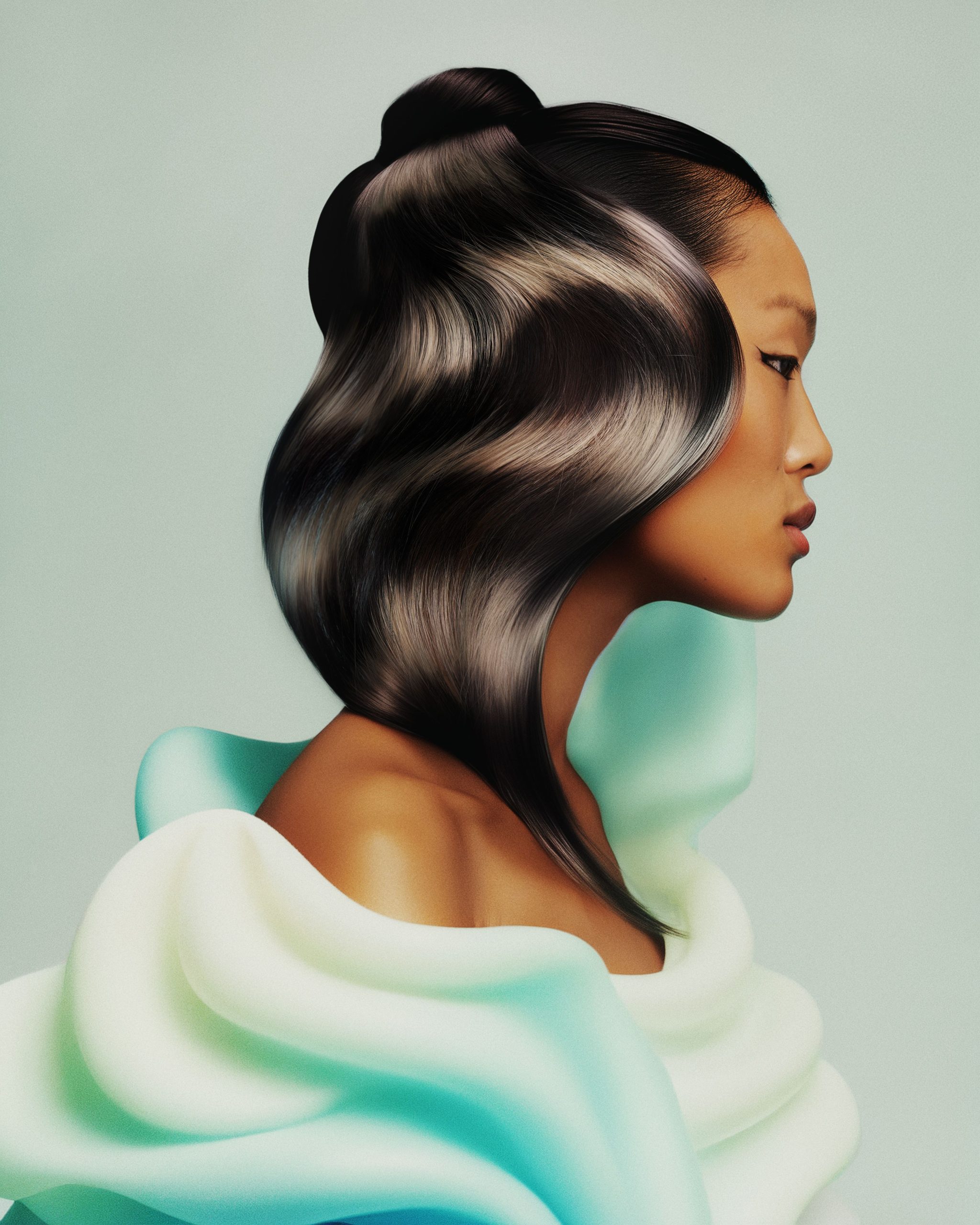
The Aveda creative director approaches hair the way fashion houses approach couture. “I see it like ready-to-wear and couture. Ready-to-wear is the everyday hair clients want, and couture is the inspirational, artistic side that might not be worn every day,” she explains. “The hair and face are real, but we’re pushing it further with AI.”
Despite her love for tech, Antoinette is steadfast in her belief that hairdressing will remain an art form grounded in human touch. “Hairdressers are scared of AI because they fear their trade will vanish. But I don’t think that’ll happen – computers cutting hair isn’t on the horizon yet.” Her message to the industry is clear: embrace technology as a tool, but never lose sight of the fundamentals. As she puts it, “Focus on connection and technique, and let product companies focus on providing high-performance tools.”
As the conversation draws to a close, Antoinette hints at the future: more AI, more collaborations, and certainly more pushing boundaries. But she’s also adamant about one thing: Aveda will always remain rooted in natural, high-performance products, standing as a beacon for sustainability in an ever-changing industry.
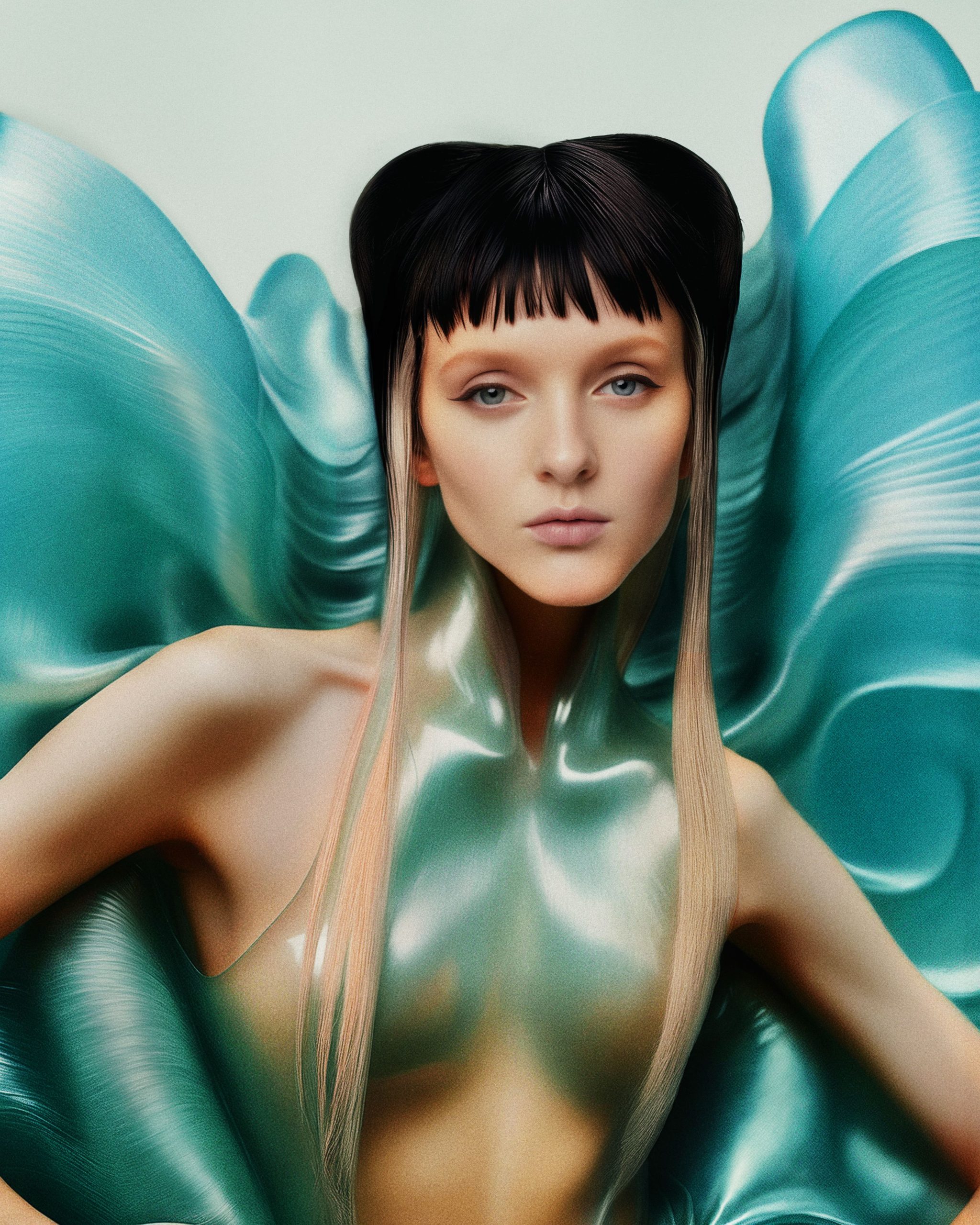
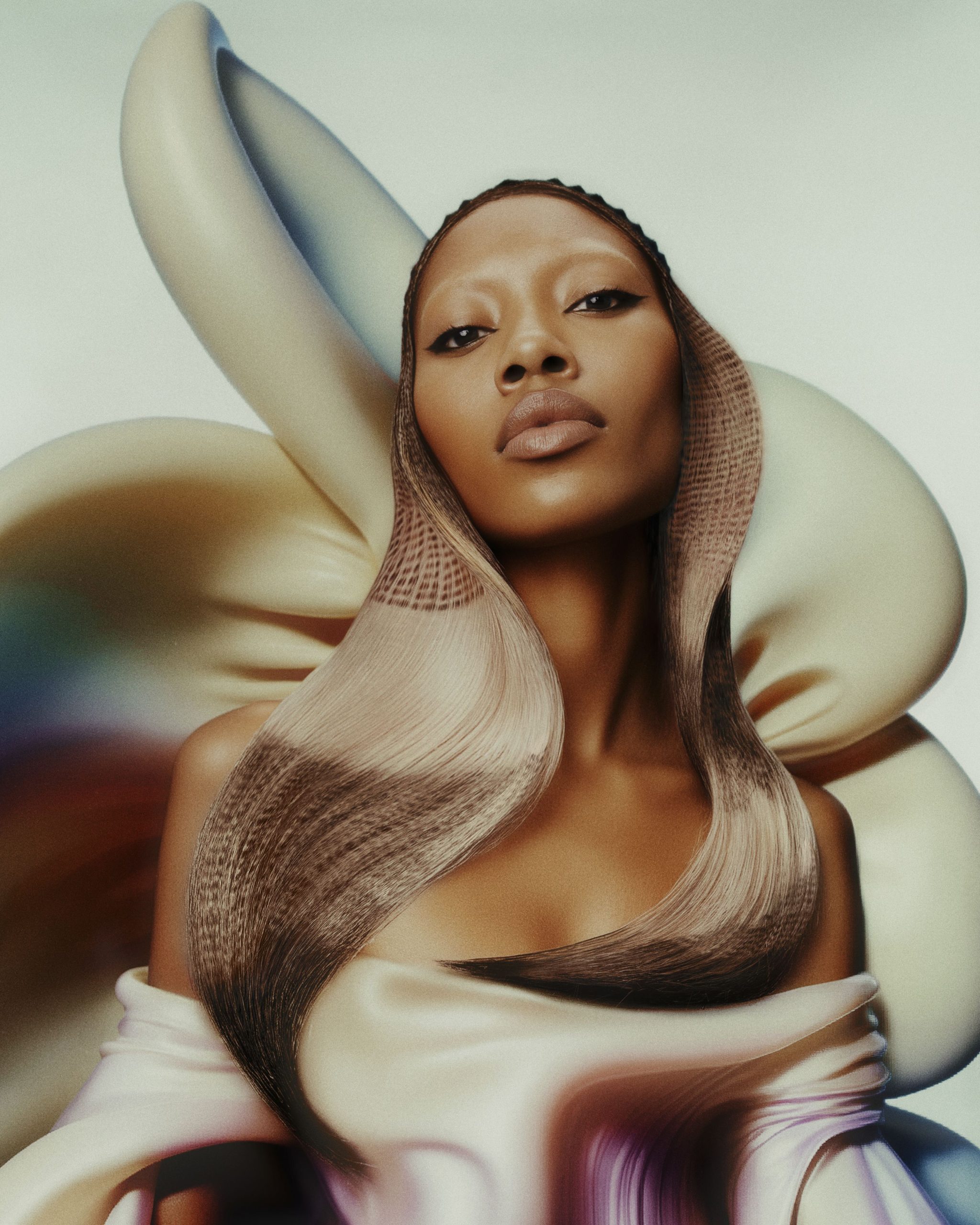
Hair concept @antoinettebeenders supported by @allenruizstyle @ianmichaelblack
Artist @edmaximus @walterobal
Production @codeproductions
The posts you requested could not be found. Try changing your module settings or create some new posts.
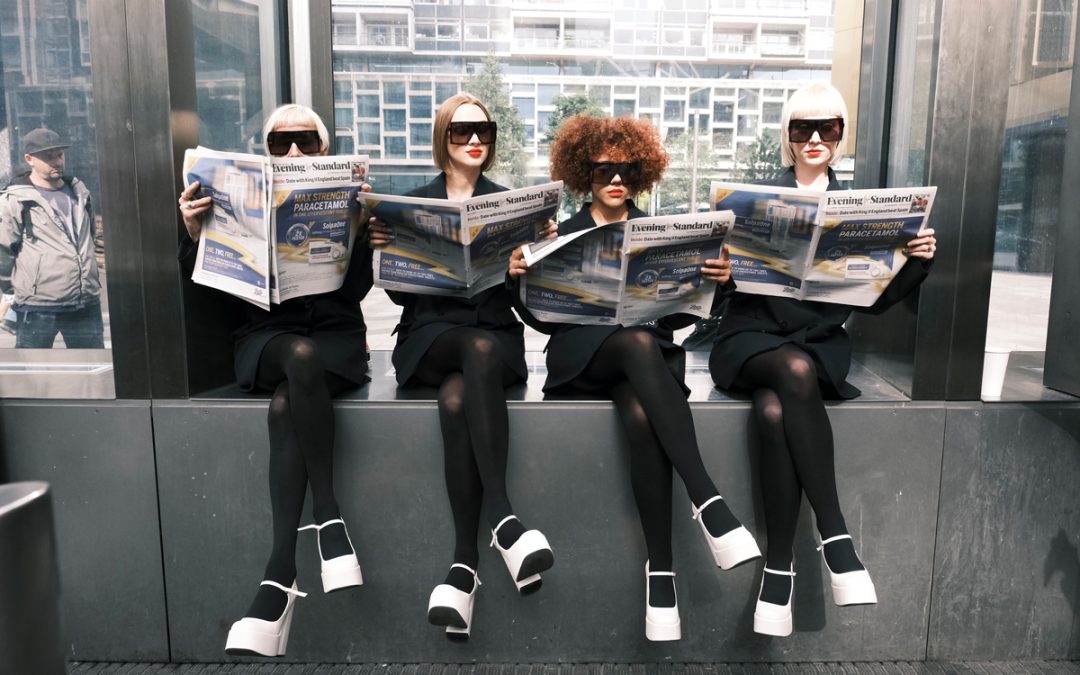
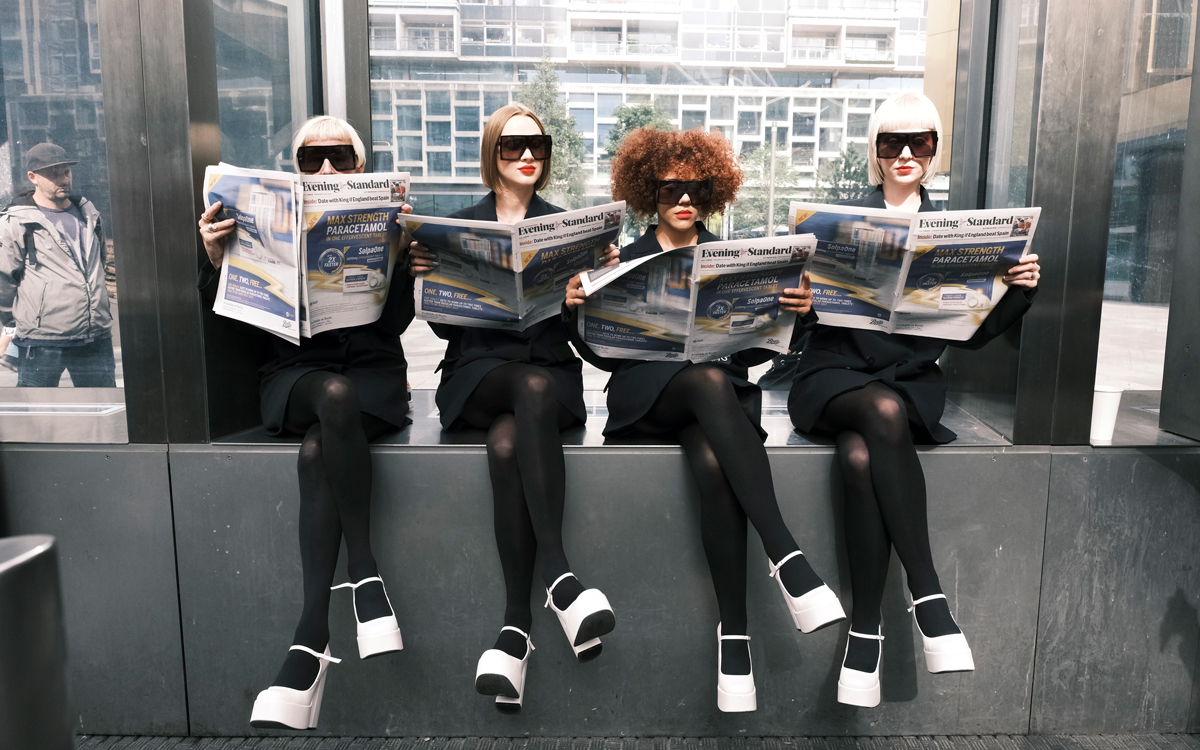
Following ‘Flash Bobs’ in New York and LA, the Vidal Sassoon team stopped traffic on the streets of London, as models sporting signature bob cuts strutted around the capital to celebrate 70 years of the iconic brand.
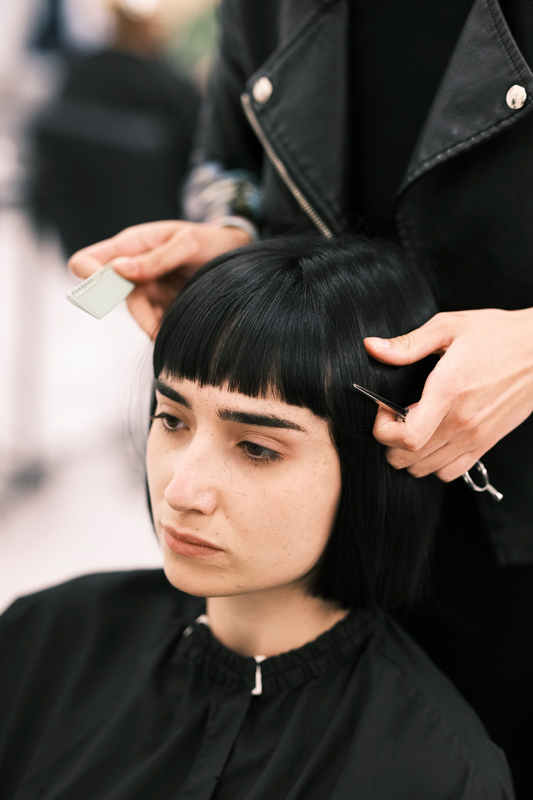
When Vidal Sassoon conceptualised the bob, it heralded a cultural shift for women to a low-maintenance style, freeing them from weekly salon appointments, stiff lacquered hair and hours under the hood dryer. Sassoon pioneered the idea that hair should be cut to fall into place and follow the natural curves of the face and body. Fast forward to 2024 and the bob is just as commonplace in salons, favoured by celebrities such as Margot Robbie, Jennifer Lopez and Raye, to name a few.
While many would consider it a key ‘trend’, as hair pros it’s a common misconception to think of it as such. “The biggest misconception I hear about the bob is that it’s flat and severe; really the bob is a technique as much as a ‘trend’ – it’s a starting point for so many variations,” says Mark Hayes. “A Sassoon bob isn’t one specific style of bob, it’s the absolute epitome of technique allied to an innate sense for suitability,” he adds.
The basic principles of the bob guarantee the enduring popularity of the style, as it can be cut to pretty much any length on any texture, and modified to suit any face shape. “A Sassoon bob can be cut anywhere from the cheekbones to just above, or slightly touching the shoulders. The emphasis is on a clean swinging line that moves freely with the wearer,” explains Mark. “It’s best cut on super–conditioned hair that shows off the natural texture, that could be straight or through to curls.”
Like many iconic styles, maintenance is key to ensuring the hair looks its best, but with the use of a good styling tool or product, a bob of almost any texture can be altered to suit the mood of the wearer.
Mark suggests that one length and more geometric bobs best suit more solid colour techniques that make the hair appear thicker. “Darker tones work well as they tend to act as a mirror and increase surface shine,” he adds. On graduated bobs, two-tone colouring with darker tones through the underneath will accentuate the dynamic of the shape. Alternatively, layered bobs lend themselves to a more highlighted technique as they will add movement and texture.
Due to fashion’s cyclical nature, the bob look is ever-evolving, building upon references from previous eras. Mark says: “We update the Sassoon bob every season to move it forward,” sometimes with a change of angle, making it rounder or squarer, maybe deconstructing the texture a little.” Whatever the style switch up, one thing is clear – the Sassoon bob is going nowhere.
Gina Conway’s technique blends bold colour with everyday wearability
Indulgent tones and bold statements rise to the top this season
We talk inspiration, technique, and products with London Fashion Week’s hair leads